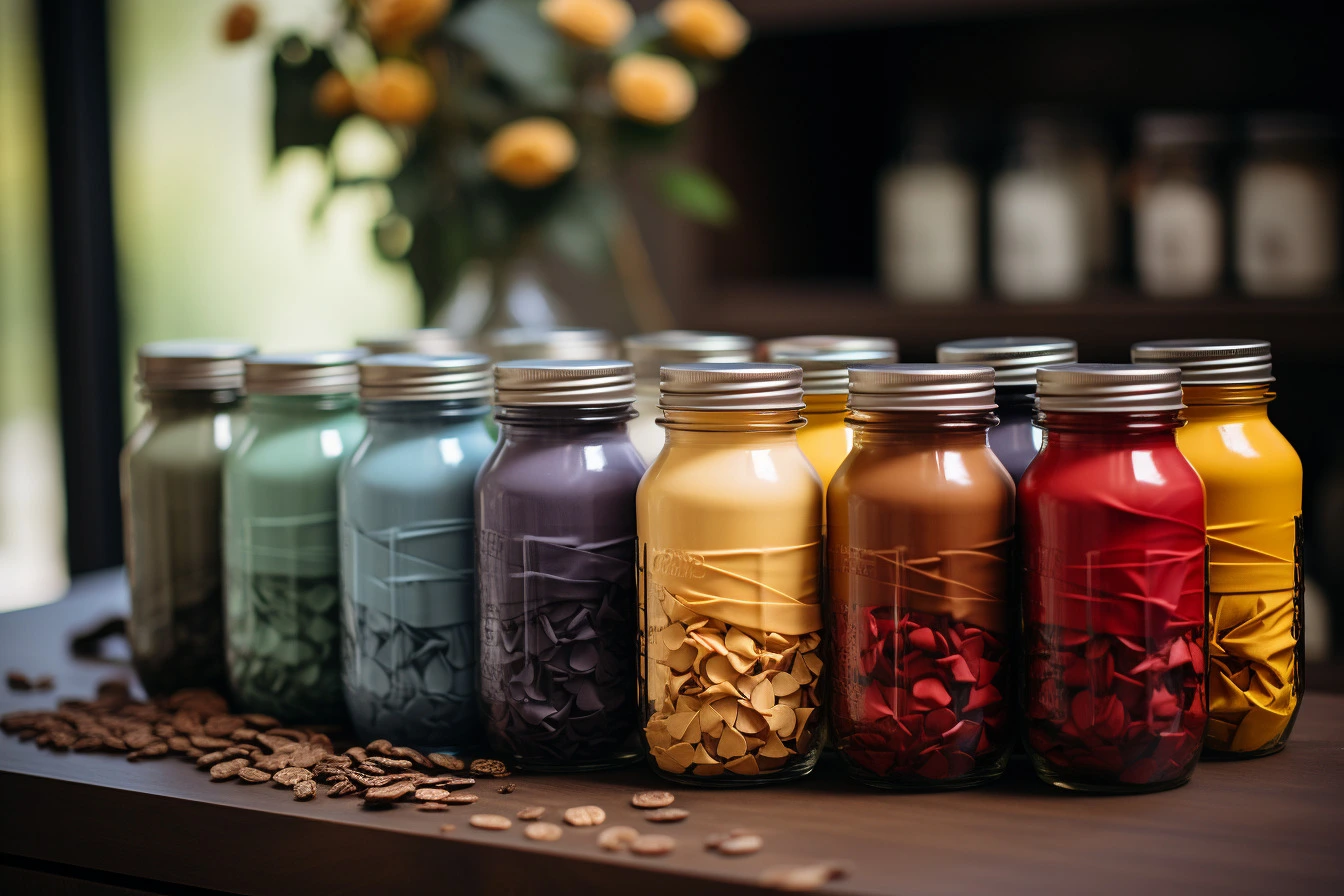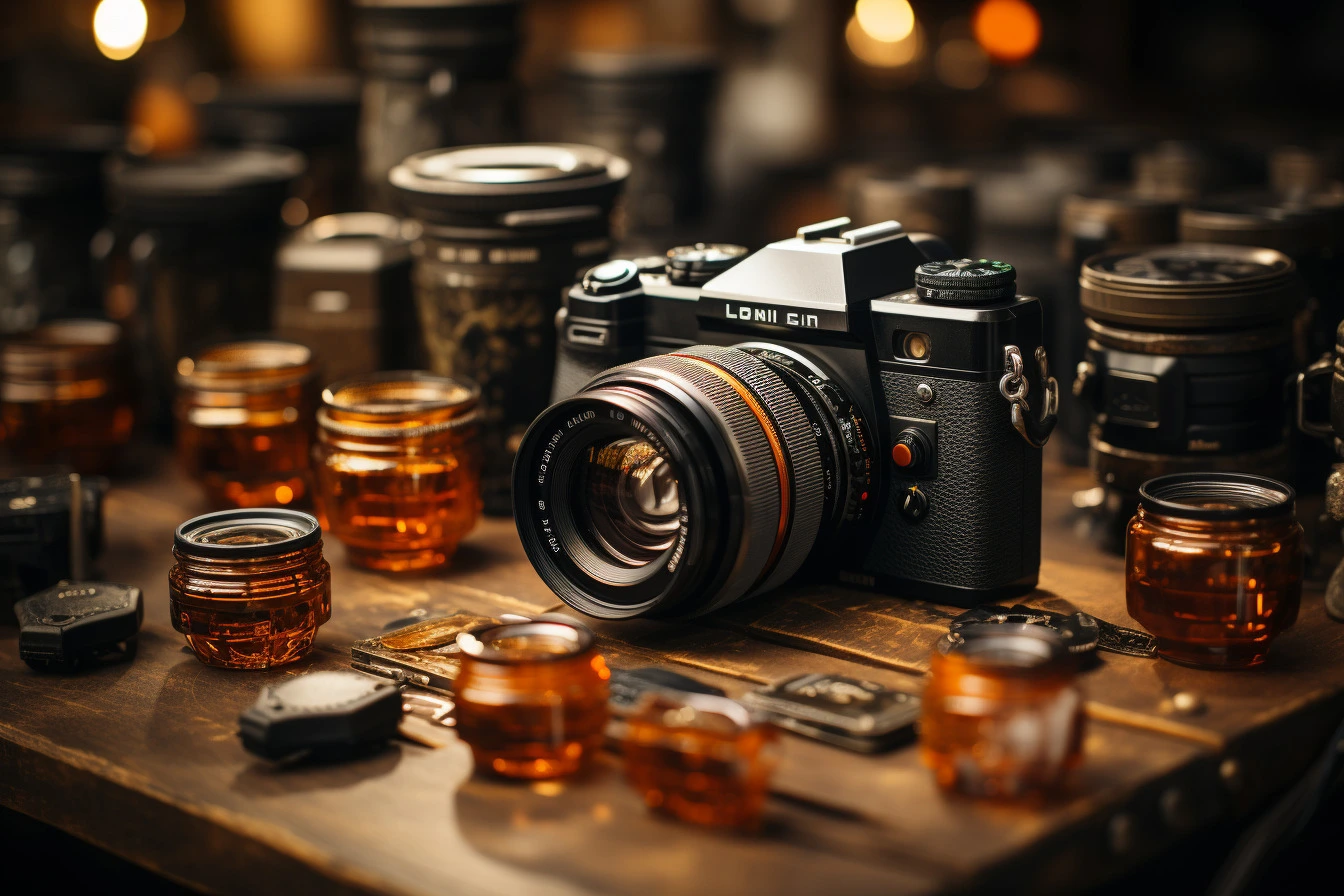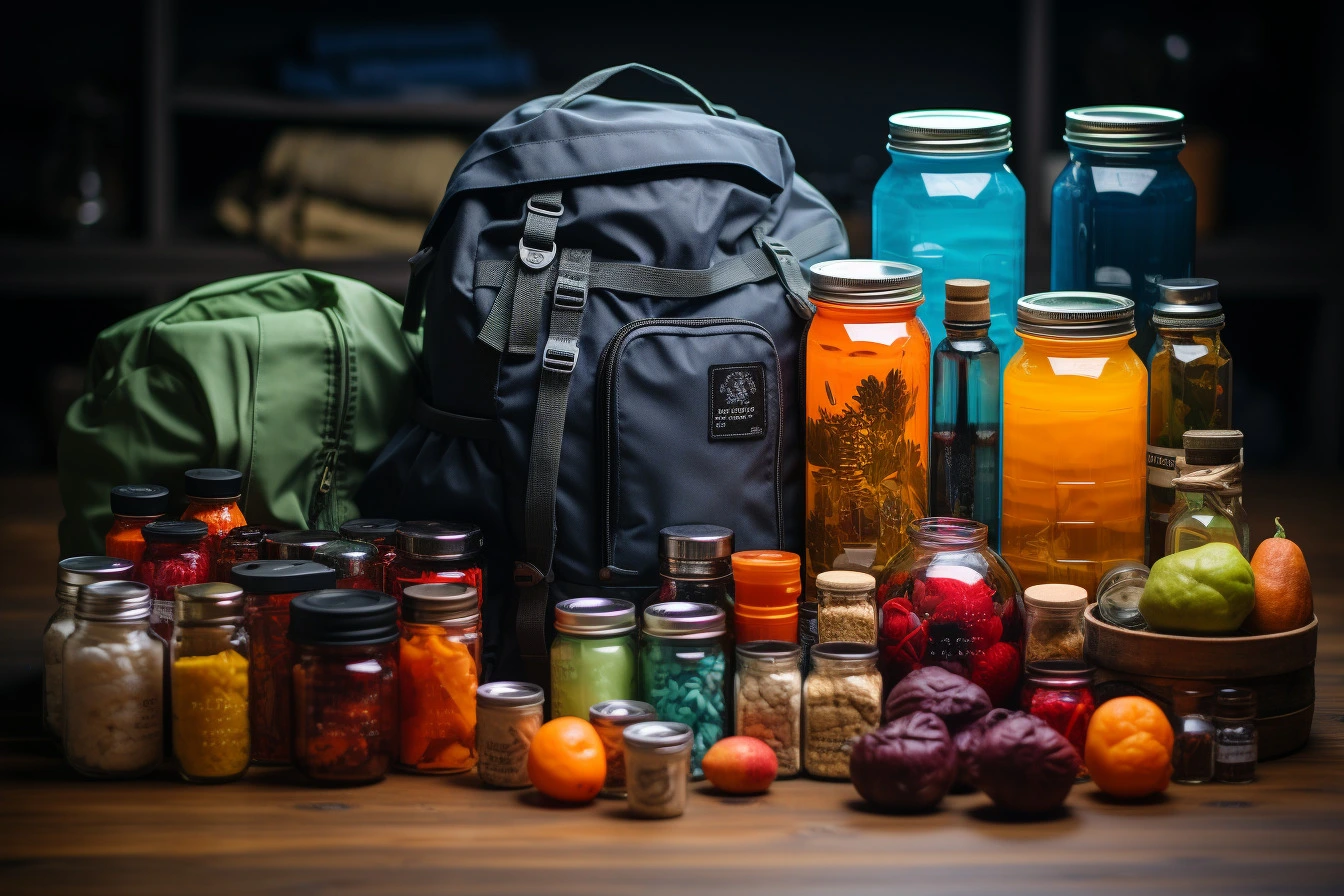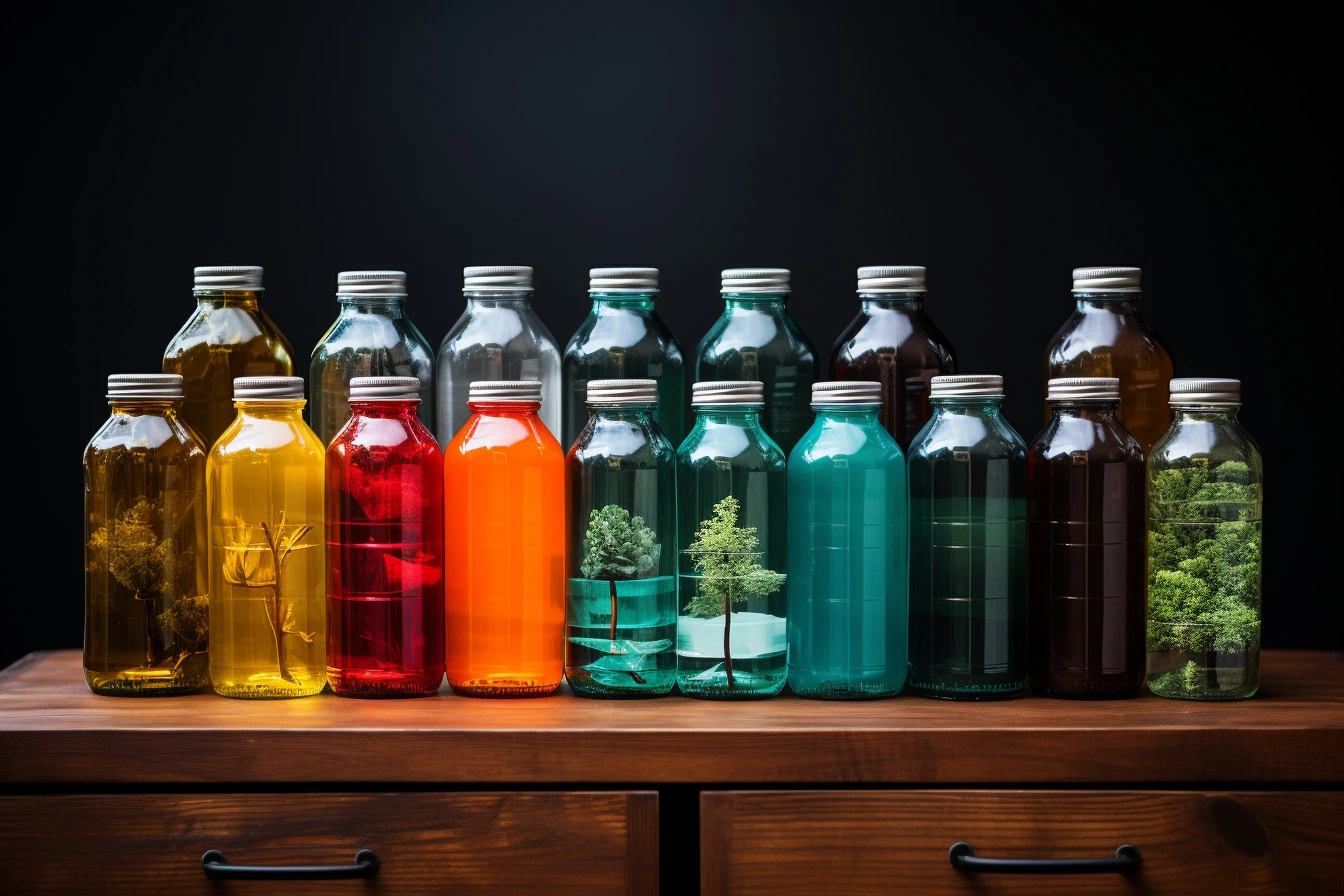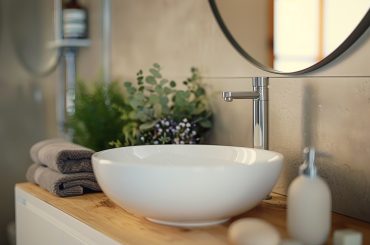Exploring Alternatives to Disposables: A Guide to Reusable Products
Introduction: Stepping Away from the Throwaway Society It’s an all-too-familiar sight: grocery store shelves crammed with single-use products packaged in layers of plastic; disposable plates and cutlery at family barbecues; coffee shops giving out paper cups like they were never going to run out. This pervasive throwaway culture we are trapped in is not just a harmless convenience; it’s actually posing a potential environmental threat.
According to estimates, the average person generates over 4 pounds of trash every single day, much of which is made up of items we use only once. As depressing as this sounds, it’s also an opportunity for change. My epiphany about this significant issue happened in a pretty unremarkable moment—when I was throwing yet another disposable coffee cup into the bin. It suddenly dawned on me how many cups had been chucked away just during that month!
This unsettling thought provoked me to question the standards we take for granted and encouraged me to embark on a quest to find more perpetual alternatives. It’s not just about reducing but rather cultivating an outlook transformation, a deliberate move towards receiving reusables as an essential piece of our lives. Sustainability isn’t only some far-off fantasy; it is instead a journey, and my own excursion has been one of steady, however important, advances.
In what manner can I have any kind of effect? What’s stopping anyone from seeing reusable items as necessities in their everyday lives? Why should something be thrown away when there are great options that last longer without having such huge negative impacts on the earth or its population? These questions made me contemplate how much choice lies before us—if Solomon had all the riches he might need, why do we continue deciding against sustainable living arrangements today?
The Aim: To Keep You Informed, Not Guilty
So here’s the idea—to provide you with information and maybe even motivate you to switch to something more eco-friendly than those plastic bags we see all around us. Let’s look at some everyday things that can be reused.
Reusing Everyday Items: From Bags to Bottles
How many of us appreciate just how much plastic is being used up in the world for shopping bags? Well, it’s estimated that there are one trillion disposable plastic bags consumed annually! Wouldn’t a better solution be a reusable cloth or canvas-type bag? They last longer and put less strain on our planet.
Now, let’s look at it in the context of water bottles. A metal one, although maybe costing a bit more initially, is not only a secure way to store liquids without worrying about any hazardous chemicals but also demonstrates your dedication towards building an eco-friendly future.
It’s not just environmentally friendly; there are economic implications too. Investing in good-quality reusable products can really save you money over time. Think bee wax wraps—they’re perfect for replacing plastic cling wrap!
Switching to sustainable lifestyle options doesn’t have to happen all at once; it can start small and build from there. For example, I’d heard about using reusable wax wraps instead of plastic wrap for food storage; not only are they usable up to a year, but you could even compost them when done! That’s way more eco-friendly than disposable equivalents. Along the same lines, investing in some good cloth napkins means no more buying paper every time it runs out—both saving money over time and reducing your environmental impact.
Speaking personally for me here, this wasn’t an immediate flip switch thing where I changed everything overnight. It was a gradual transition that took place over weeks or months, starting with something simple like always carrying my own bag when shopping so I never take those single-use plastics offered at checkout desks anymore!
Slowly but surely, I began to transform my lifestyle. What started out as using a reusable shopping bag gradually expanded into me carrying around a metal water bottle; before long, my kitchen drawer was stuffed with beeswax wraps and cloth napkins. Not only did this bring about physical changes in the way that I lived, it had an impact on how I thought too! Each time I switched to a reusable item over something disposable, it felt like such an accomplishment—tangible proof of my growing beliefs concerning sustainability. The advantages were clear: less clutter at home, fewer trips taken outside for the trash bin… And most importantly of all, A deep sense of satisfaction knowing that what little contribution I made would count towards making our planet better off than when we found it!
As we keep navigating the intricacies of the 21st century, it is becoming increasingly evident that our actions have far-reaching ramifications, most often beyond what we can perceive at once. Through deciding to utilize recyclables consciously, not only do we deflect heaps from extra waste or cut down on our carbon footprint, but we also put in motion a transformation within our collective consciousness. In other words, using these methods for convenience sake shouldn’t imply giving up sustainability by any means.
As I’ve discovered on my own journey, the road to a sustainable lifestyle isn’t tough; it’s all about making small but important choices. Hence, next time you consider buying something disposable, stop for a second and analyze the other available options. These alternatives are what will eventually shape our planet for upcoming generations.
In pursuit of an improved world that is environmentally friendly yet livable as well, we must always recall that its alterations start with us, with every one of us making wise decisions each day!
Are you ready to take the plunge? Your next move could be a step forward. Ditching throwaway personal care products
Once I’d gotten into the habit of bringing my own shopping bags and water bottle, it made me think about another area of our daily lives that creates waste: personal care items. Who knew how much trash we’re producing through stuff like soaps and makeup products, which have become part of our everyday routine?
Contemplating about it really makes my mind go wild—the plastic toothbrush we keep using and chucking away every few months, disposable razors, even some of us considering menstrual products to be a must-have. But what if there were sustainable alternatives that would not only help the planet but also yourself?
That’s when bamboo toothbrushes popped into my life. These biodegradable marvels offer an opportunity to maintain oral hygiene without adding additional waste to landfills. In reality, bamboo is not just eco-friendly but anti-microbial too! So, transitioning to a menstrual cup was like buying something at the store instead of using the usual plastic brush. And believe me, it felt amazing—like I had finally taken that significant step towards finding balance between what we need and staying eco-friendly.
For those who menstruate, disposable sanitary products mean more than just extra cash spent every month; they also make an additional contribution to already overflowing waste. Here’s where menstrual cups can be a lifesaver! They are made with medical-grade silicone, so you don’t have to use them again for years, significantly reducing all this mess around us. Besides that, thanks to their design, there is less risk of developing toxic shock syndrome as opposed to when wearing tampons.
Cloth Diapers: Reusable Essentials with Great Value
Switching to cloth diapers may seem expensive at first, but the long-term advantages are worth considering. You can use them for multiple years and even pass them on to other families, reducing not only trash output but also costs! On the other hand, safety razors provide a neater shave than disposable ones while still being less wasteful since you just need to replace blades.
Making this shift wasn’t solely about saving our planet; it was great in terms of healthiness as well as performing better.
It may take some getting used to, but the long-term perks are far more valuable than any initial awkwardness. Every new thing I replaced felt like a piece of the puzzle coming together—an investment in my wellbeing and that of our planet’s.
Reusable Options for Eating and Drinking
After switching up my personal care items, it got me wondering about another major part of modern life: what we consume when it comes to food and drinks. Could there be a way to have all the benefits today’s convenience brings without generating so much waste? It turns out, yes!
It’s possible to make sustainable decisions when it comes to dining too, and these can be just as enjoyable—if not more so!—than the disposable items. Take cloth tea bags, for example; their fabric pouches are great replacements for single-use paper ones that don’t last very long anyway, plus they help bring out the flavor of your cup of tea. Similarly, there’re metal straws, which serve exactly the same purpose as plastic ones but have far less impact on the environment since they rarely get recycled correctly and often end up in our oceans. Oh yeah, let’s not forget about other aspects of the tableware where such changes can occur!
Glass containers for safeguarding leftovers, refillable coffee mugs for your morning drink, and reusable silicone food bags all present waste-free choices that are both eco-friendly as well as cost-effective over the long haul. And let’s not forget about the sheer delight that comes with going trashless. When you finish a meal and realize there is no garbage generated, either at home or in an eatery, it feels quite satisfying.
The lasting effects of these modifications can be huge. Many times I’ve been to get-togethers where my metal straw and refillable water bottle have caught people’s eyes, thus motivating them to take on similar habits themselves.
It felt like a light bulb had gone off. I grasped that even small modifications in decisions could have big effects. As my life journeyed through these alterations, from reconsidering what type of bags I used to shop with to overhauling my dietary and beauty regimens, it became clear that each decision we make sets the tone for larger transformations together. It’s like throwing a stone into still water: the waves extend all around us, touching every aspect of our lives and inspiring those nearby as well. Our options matter!
The Journey Toward Sustainability: Challenges and Adaptations in a Disposable World
As we work toward sustainability, our choices become the building blocks for a better, more conscious future. It’s not just about us individually; it’s about all of us working together to create something bigger than any one part. Are you ready? Now is as good a time as ever!
We’ve had plenty of accomplishments along this journey towards sustainability—some triumphant moments mixed with enlightening revelations. But that doesn’t mean there haven’t been challenges too. I often find myself in the difficult situation of managing social scenarios, travel, and unexpected events. It’s one thing to commit ourselves to living an eco-friendly lifestyle within our own homes, but it is a test when we have to encounter convenience tailored into single-use disposables outside.
For example, attending parties In such circumstances, disposable items like plates, cups, and cutlery are usually used without giving any thought to their environmental consequences, so bringing your own reusable stuff might raise some questions! I’ve heard it all—from some lighthearted jokes about my ‘fancy’ metal straw to more serious critiques that worry whether such small changes really do anything. And yet, this is when the main goal of this journey strikes me as most important. Even if only one person out of the doubters stops and rethinks their decisions, I consider it a victory! It’s usually accompanied by a quizzical look, but these can also be great opportunities for meaningful talks about why I have a bamboo fork in my bag.
Traveling presents another problem altogether.
Flights, road trips, or even a spontaneous weekend away can throw the most sustainable of plans out the window. So how do you politely refuse plastic cutlery without coming across as an awkward traveler? Preparation and some guts are key here! On my last journey, I was armed with a mini-kit that consisted of a bamboo spoon, a fork, and yes, I went all in and brought along a straw too. The flight attendant’s initial surprise soon changed to respect, which for me just proved once more that every little action is worth it.
It goes without saying, though, that sometimes slip-ups occur. I’ll be honest and admit there are times I’ve been caught without a reusable bag, so I had to take a plastic one. But rather than taking these moments as losses, they’re teaching me to stay mindful and dedicated. Instead of feeling bad about it, though, this serves as an important reminder that we can easily slip into our old, unsustainable ways if not careful, making my commitment even stronger.
In the End: A Life Without Throwaways
Thinking back on it now, it’s unbeatable how much greater satisfaction comes with living more waste-free.
It’s not only about the waste we can reduce or the money saved—which are undoubtedly very important—it is also about freeing our minds and spirits. When you start to understand that every decision made to turn down disposable items makes a difference, it feels like there’s an easier burden of responsibility on your shoulders, and your dreams for the future appear more promising. My invitation to you is simple but plenty meaningful: look at each part of your life where disposables still have influence, one by one. Start with little things, such as bringing reusable shopping bags or water bottles; these initial steps will help set off far-reaching changes in habits around lifestyle choices. As you go through difficulties and experience successes, remember that this won’t just affect yourself; any step taken becomes part of a bigger movement towards sustainability being the norm rather than an exception in no time! Are you ready to be involved in this reforming journey? All starts with making a conscious first move… The door stands wide open, invitingly, so what do you think?
